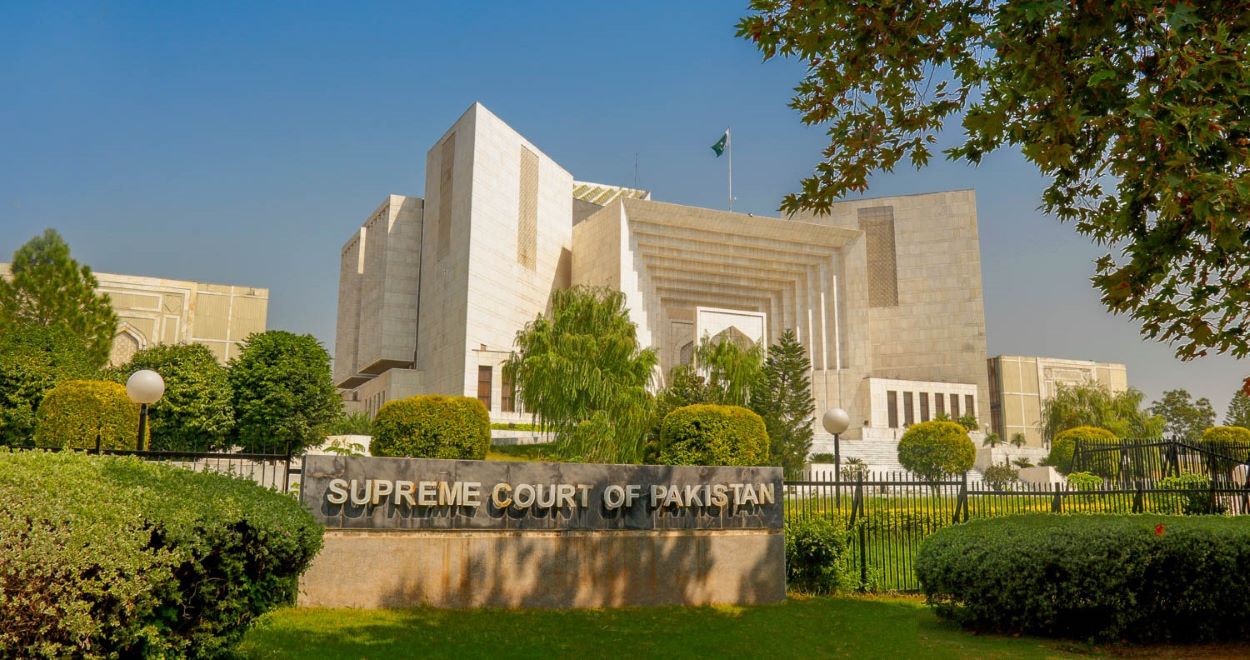The Supreme Court of Pakistan has delivered a landmark judgment. It ruled that an individual’s status as an absconder or fugitive in a criminal case does not automatically disqualify them from seeking civil or service-related legal remedies. The court emphasised that such a status, however serious, does not result in the forfeiture of fundamental civil entitlements. This is unless a law explicitly imposes such a restriction.
The five-page judgment, authored by Justice Syed Mansoor Ali Shah, stemmed from a case. The court examined whether a person’s designation as an absconder inherently bars them from invoking civil jurisdiction. A division bench comprising Justice Shah and Justice Aqeel Ahmad Abbasi presided over the matter.
Justice Shah’s ruling contained a strong warning against reading an automatic bar into the law. He stated that doing so “would undermine the integrity of the justice system.” It “would, in effect, operate as a double-edged weapon.”
The judgment elaborated that one edge of this weapon would deprive a citizen of the constitutional right to access justice. This is a core guarantee under Articles 4, 9, 10-A, and 25 of the Constitution. It affects matters related to livelihood, service tenure, pension, and contractual obligations.
The court further cautioned that such an exclusion would subvert the principle. It stated that no person shall be dealt with except in accordance with the law. This approach could potentially distort the court’s role from an instrument of justice into a mechanism of oppression.
Read: Retired Judges Warn 27th Amendment of Threat to Supreme Court
The ruling also highlighted the second edge of the weapon: the potential for deliberate exploitation. The court warned that “shrewd and unscrupulous litigants” could weaponise an opponent’s absconder status as a tactical device. This would block judicial review and insulate their own conduct from legal scrutiny.
This would effectively grant opportunistic litigants a “license to oppress.” It would allow them to deprive an aggrieved person of access to remedies and of fundamental due process protections.
The bench clearly delineated the separation between criminal and civil legal spheres. It held that “Criminal liability carries its own evidentiary thresholds and procedural safeguards.” These are “neither applicable to nor are determinative of service matters.”
The judgment clarified that the “Fugitive Disentitlement Doctrine” prevents fugitives from invoking appellate criminal jurisdiction. This doctrine is rooted in equitable principles of criminal procedure. However, it does not logically extend to independent civil or service matters.






